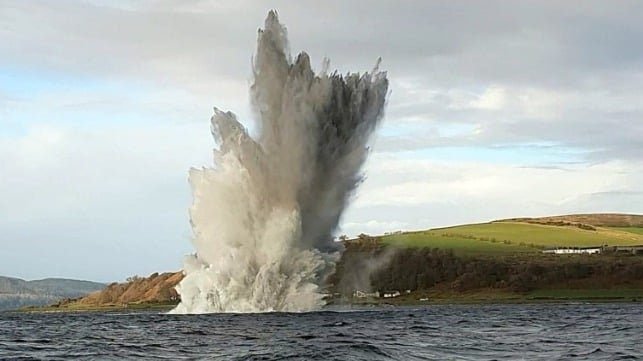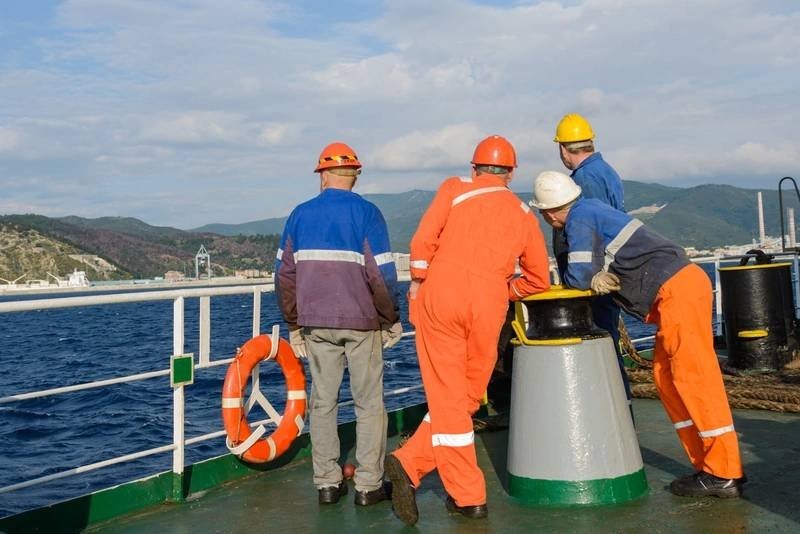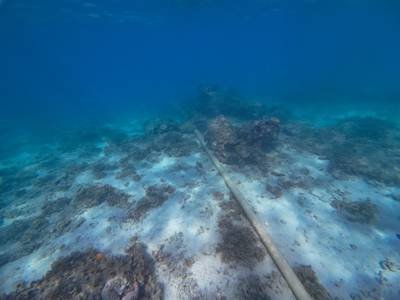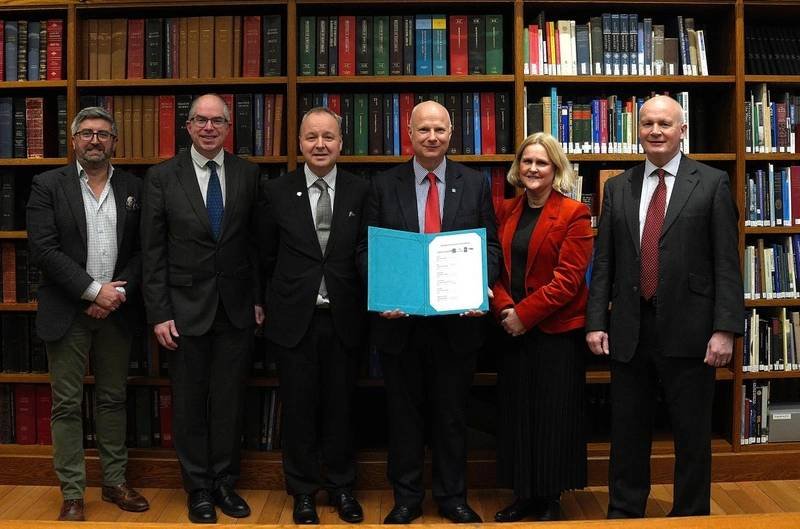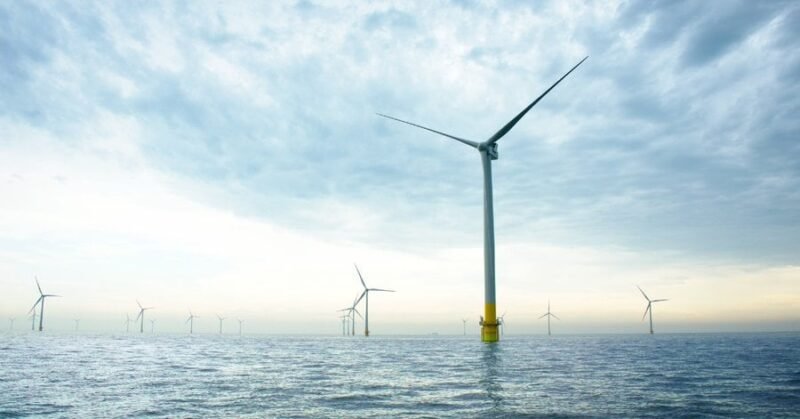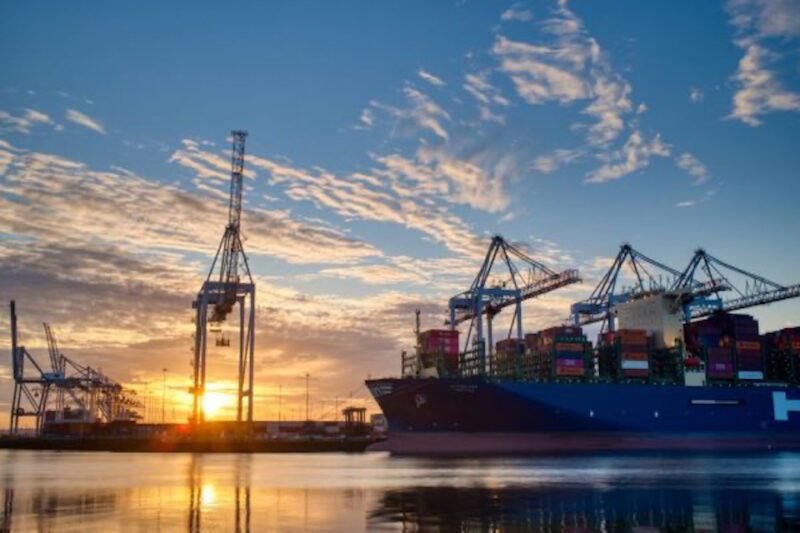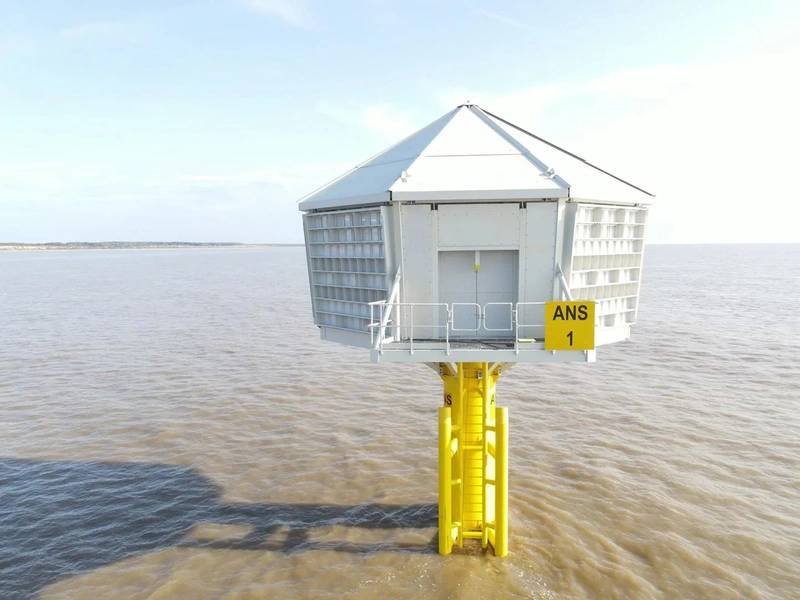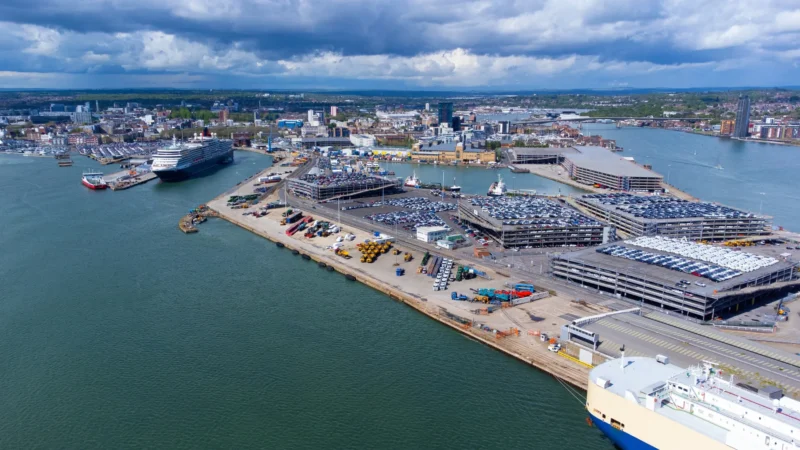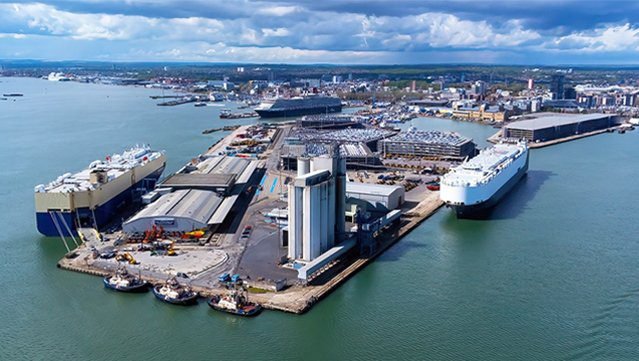The UK government is urging developers of offshore sites, such as wind farms, to implement new strategies to reduce harmful noise during construction. These projects often encounter unexploded shells and bombs from World Wars I and II, as well as underwater noise from activities like pile driving. There are an estimated 300,000 to 500,000 unexploded ordnance pieces on the UK seabed that must be cleared during construction, with recent discoveries reported by companies like Shell and Ocean Winds.
Actress and activist Dame Joanna Lumley has been leading the campaign Stop Sea Blasts, advocating for the use of low-noise disposal methods for underwater munitions. The UK Government’s Plan for Change, launched in December 2024, under Prime Minister Sir Keir Starmer, focuses on transitioning to renewable energy and revitalizing British industry. The policy includes measures to fast-track clean power systems by 2030 and reduce harmful noise levels in the seas, requiring developers to demonstrate efforts to minimize underwater noise during turbine installation.
Operators are expected to prioritize low-noise disposal methods for ordnance clearance, with high-order detonations as a last resort. Marine Minister Emma Hardy emphasizes the importance of protecting underwater life while expanding offshore wind projects to establish Britain as a clean energy superpower. The government is collaborating with industry partners to test quieter bomb clearance technologies and pilot proposed noise limits for offshore wind construction. These measures aim to streamline the construction process, prevent delays, and ensure future projects can be completed efficiently.


